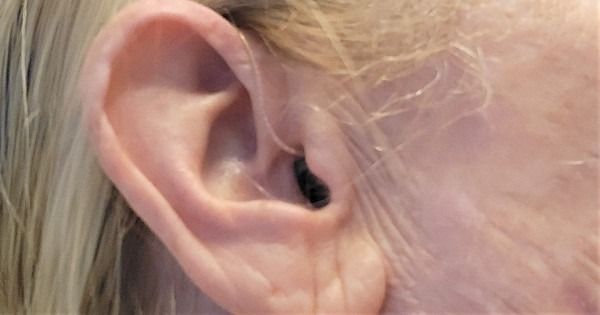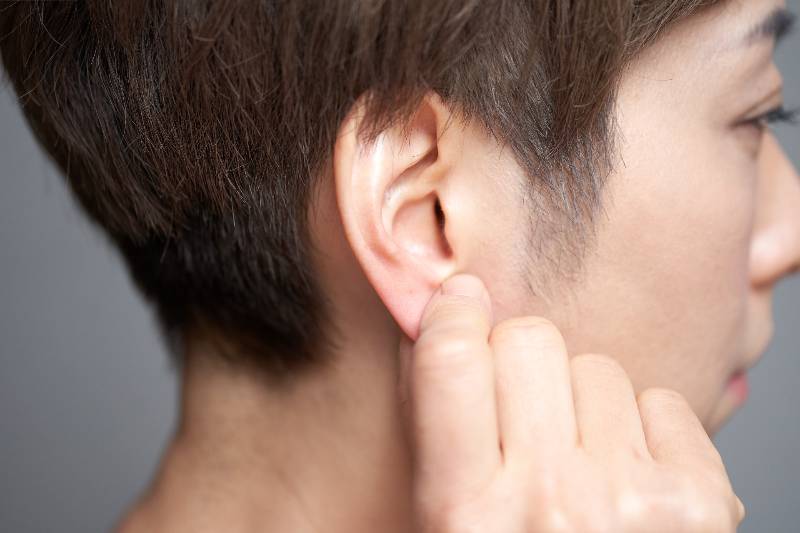Pulsatile tinnitus, characterized by hearing a rhythmic noise in sync with one’s heartbeat, can be a challenging condition. However, holistic and self-management strategies can significantly alleviate symptoms and improve quality of life. This blog post explores various approaches to managing pulsatile tinnitus, including lifestyle adjustments, sound therapy, mindfulness techniques, and the use of technology.
Lifestyle Adjustments: Diet, Exercise, and Stress Management
Lifestyle adjustments play a crucial role in managing pulsatile tinnitus. Diet can impact tinnitus symptoms; for instance, high sodium intake may exacerbate tinnitus by increasing blood pressure. Incorporating a balanced diet rich in fruits, vegetables, and whole grains can help. Foods rich in magnesium and potassium are particularly beneficial as they support nerve health and blood circulation.
Exercise is another key component. Regular physical activity can improve blood flow, reduce stress levels, and enhance overall well-being, indirectly helping to manage tinnitus symptoms. Stress management is equally important, as stress can worsen tinnitus. Techniques like yoga, meditation, and deep breathing exercises can be effective in reducing stress and managing tinnitus symptoms.
Sound Therapy and Mindfulness Techniques for Pulsatile Tinnitus
Sound therapy is a widely used approach for managing pulsatile tinnitus. It involves using external sounds to help distract from the tinnitus noise. This can include white noise machines, nature sounds, or specially designed tinnitus masking sounds. Sound therapy can be particularly helpful during quiet times, such as when trying to fall asleep.
Mindfulness and meditation are also beneficial for individuals with tinnitus. These practices help in focusing the mind and reducing the stress and anxiety associated with tinnitus. Mindfulness teaches individuals to observe their tinnitus without reacting emotionally, which can reduce the perceived severity of the condition. Regular practice can lead to long-term improvements in coping with tinnitus.
Using Technology: Apps and Devices for Pulsatile Tinnitus Relief
Technology offers innovative solutions for managing pulsatile tinnitus. There are numerous apps available designed specifically for tinnitus relief. These apps often include features like customizable soundscapes, guided meditations, and educational resources. They can be a convenient tool for sound therapy and relaxation techniques.
Wearable devices, such as tinnitus maskers and hearing aids, are also beneficial. These devices can produce sounds that mask the tinnitus noise, making it less noticeable. Some modern hearing aids come with built-in tinnitus masking features. Additionally, biofeedback devices, which help control the body’s response to stress, can also be effective in managing tinnitus symptoms.
FAQ Section
Q1: How can diet affect pulsatile tinnitus? A1: Diet can impact pulsatile tinnitus, as certain foods and substances might exacerbate symptoms. Caffeine, alcohol, and high sodium intake can increase tinnitus severity. Conversely, a balanced diet with anti-inflammatory foods may help in reducing symptoms.
Q2: What role does exercise play in managing tinnitus? A2: Regular exercise improves blood circulation and reduces stress, which can indirectly help in managing tinnitus. Physical activity also enhances overall well-being, contributing to better management of tinnitus symptoms.
Q3: How effective is sound therapy for tinnitus? A3: Sound therapy is quite effective for many individuals with tinnitus. It works by providing neutral or pleasant sounds to distract the brain from the tinnitus noise, which can be especially helpful during quiet times like sleep.
Q4: Can technology help in tinnitus management? A4: Yes, technology can be a valuable tool in managing tinnitus. Apps designed for tinnitus relief and wearable devices like tinnitus maskers and hearing aids can provide significant relief by masking the tinnitus sound or helping manage stress.
Practical Tips and Tricks
- Monitor Your Diet: Pay attention to your diet and avoid foods that may trigger or worsen tinnitus symptoms.
- Stay Active: Engage in regular physical activities to improve circulation and reduce stress.
- Practice Stress Management: Incorporate stress-reducing activities like yoga or deep breathing into your routine.
- Explore Sound Therapy: Try different sound therapy options to find what works best for you, especially during sleep.
- Leverage Technology: Make use of apps and devices designed for tinnitus relief to manage your symptoms effectively.

The Silent Epidemic: How Hearing Loss is Affecting Our Children






